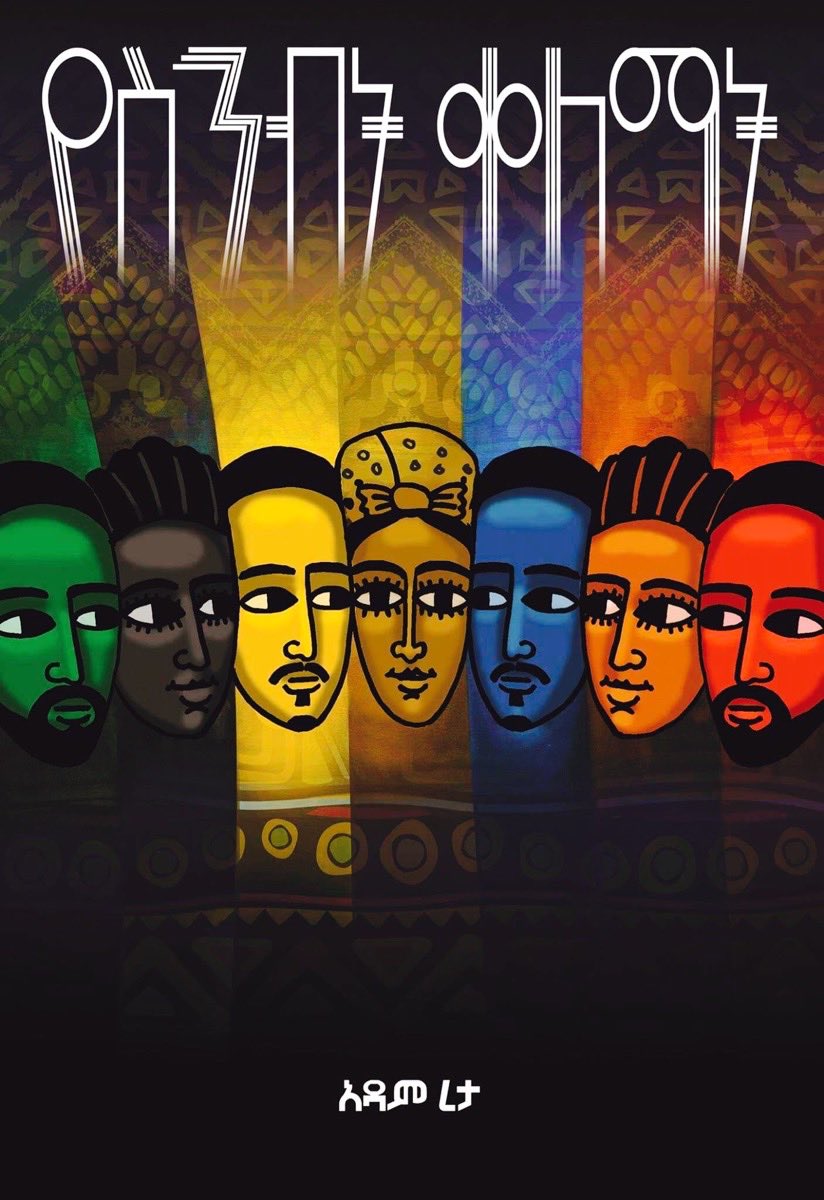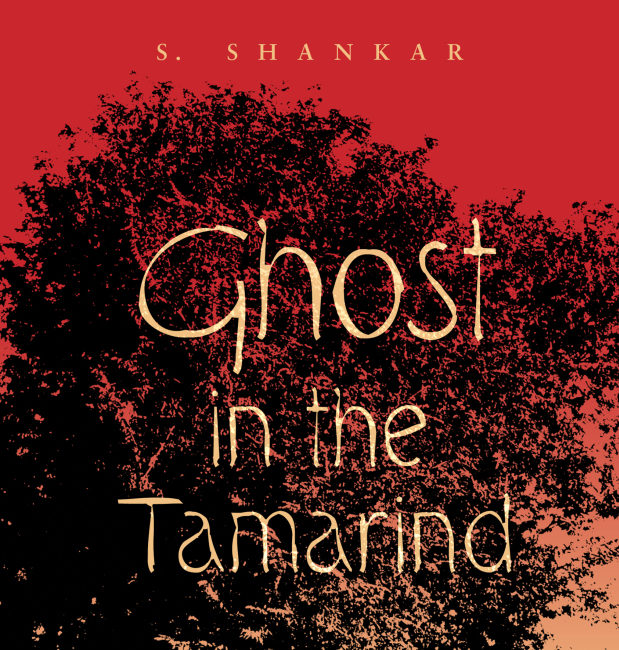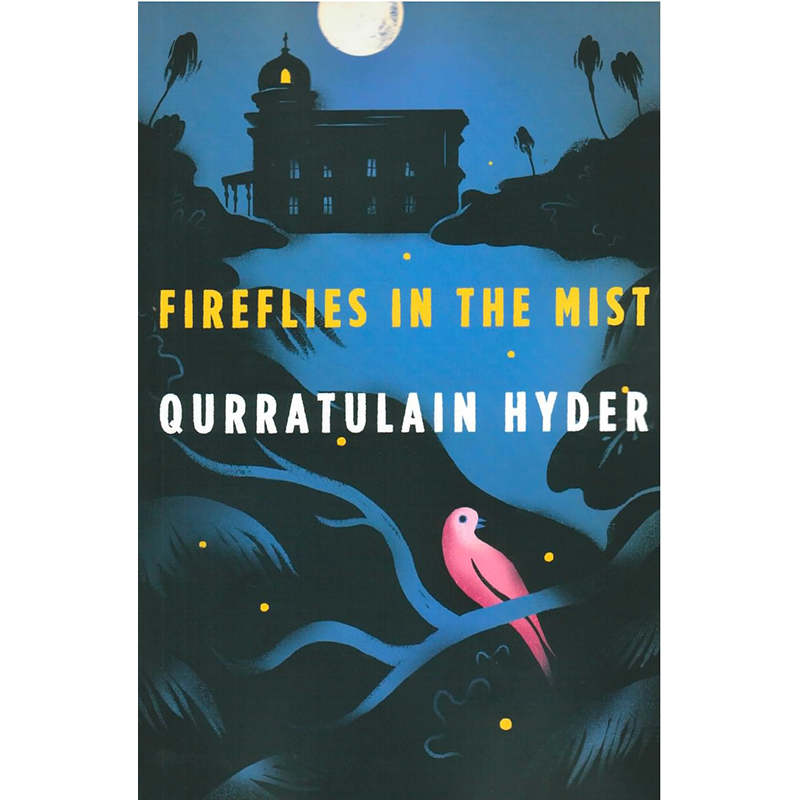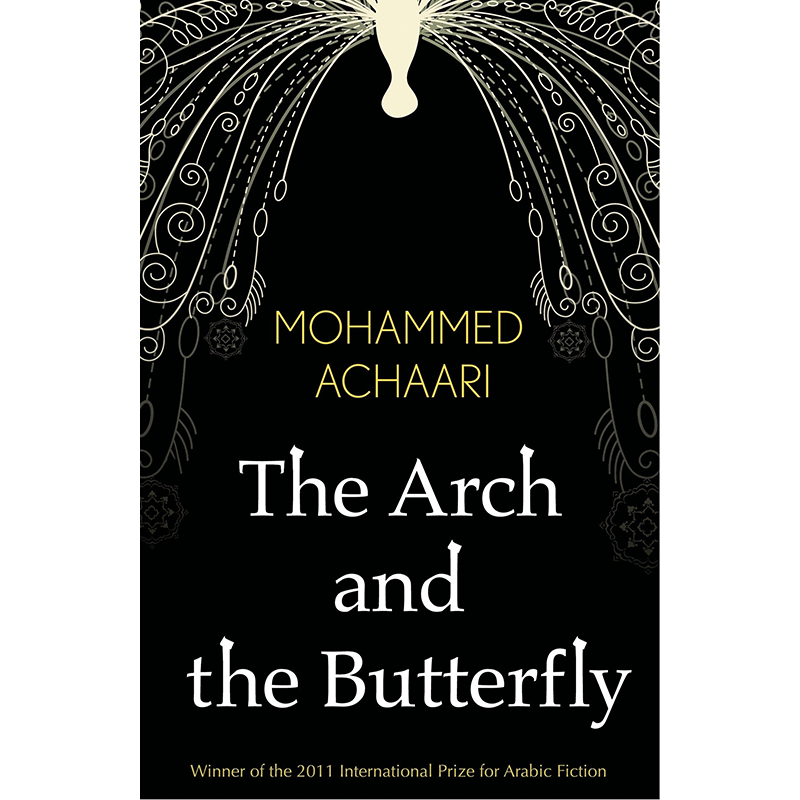Literary Criticism
Challenging the biases of current discussions on World Literature and shifting the focus from a single center to multiple, entangled literary histories necessitates a study of literary criticism itself. For each region, we ask where ideas of what constitutes “good” literature and even literature itself comes from, and if multiple formal and generic norms exist or overlap within the same space.
We search for responses to impactful concepts such as “refinement” or “modernity” and consider the possibility that textual production may exist which rejects or ignores these concepts even in regions where they had considerable reception. Other avenues we explore include canon formation, tools of recognition—from prizes and panels to court patronage-—and literary history. Finally, we notice that much of the secondary criticism and literary theory that underpins academic discourses on World Literature is overwhelmingly European and American. We hope to bring to your attention to literary criticism and theory on World Literature written in non-European languages by scholars from our various regions. In this effort, we have commissioned the translation of numerous essays related to World Literature written in Urdu into English. We worked closely with the Pakistan Academy of Letters to compile and curate this list.
On Some Recent Worrying over World Literature’s Commodity Status
World literature, Sarah Brouillette argues, could be understood as "a moment of purportedly global circulation that is really a moment of uneven distribution"
Farewell has colors: Adam Reta’s “Colors of Adios”
In his latest Amharic novel, the Ethiopian writer Adam Reta uses the metaphor of light prisms and colours to describe how couples, histories and nations part, mix and combine
Reading group with S. Shankar (University of Hawaiʻi at Mānoa)
S. Shankar's work challenges reductive understandings of ‘world’ as presented in theories of ‘world literature’ and critiques conceptualisations of ‘literature’ as influenced by Western ideas of the ‘literary’
Entangled Histories: Qurratulain Hyder’s Fireflies in the Mist
When does a book become part of world literature? When it is translated into a major language, published by a metropolitan publisher and endorsed by renowned writers? So why has Qurratulain Hyder’s novel failed to register?
The Arch and The Butterfly by Mohammed Achaari
The Arch and the Butterfly represents a fine example of the maturity of the contemporary Moroccan novel, both in its aesthetics and its politics. It is a beautifully written novel that was recognised for the mastery of its craft in 2011 when it was awarded the International Arabic Booker Prize.






